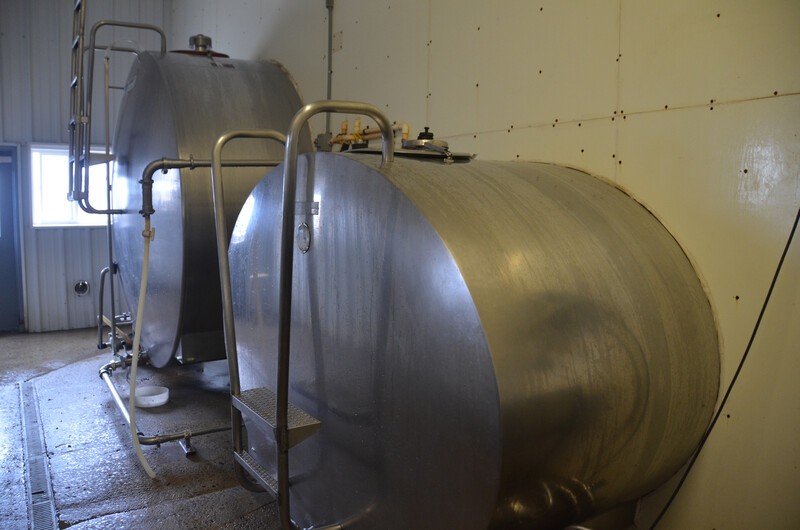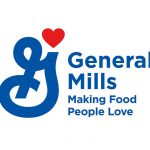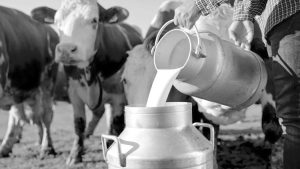
“While no plan can wholly remedy the losses that are occurring, dairy is responding with a united plan that can help mitigate the damage caused to it by the COVID-19 pandemic. After extensive discussions across the industry, we have developed this comprehensive action plan to address many of the key marketplace challenges created by the pandemic and are presenting it to USDA,” says NMPF CEO Jim Mulhern.
The proposal is broken into three categories: producer initiatives, processor initiatives and consumer initiatives.
Producer Initiatives. The groups are proposing all producers cut their production 10% from a March 2020 baseline. This voluntary reduction program would then pay $3 per cwt on the remaining 90% through September should the average Class III/IV price stay below $16.
The second producer initiative would ensure producers are paid for milk dumped due to COVID-19. This program would run through June which is when most analysts expect dumping to end.
They are also calling for Dairy Margin Coverage program enrollment to reopen with a retroactive sign up at no premium discount.
Processor Initiatives. The groups would like to see a loan program to provide processors with access to more working capitol. The program would only cover FMMO component costs and would not cover packaging etc. They would also like to see a forgivable loan program for processors similar to the SBA loan program.
Consumer Initiatives. The proposal includes large purchases of dairy products by USDA to be distributed directly to food banks. It also calls for limitations on programs like WIC to be lifted which would allow those consumers to purchase a wider variety of dairy products. The groups would also like to see USDA improve existing nutritional programs including the Supplemental Nutrition Program to address food security and boost retail dairy sales.
“Our main problem is clear: We estimate that supply exceeds demand by at least 10% – a gap that could widen as supply increases to its seasonal peak and as “shelter in place” conditions endure,” says Michael Dykes CEO of IDFA. “The Milk Crisis Plan for USDA presents our objectives to support U.S. dairy through this crisis, beginning with an urgent plea: Use as many tools as possible – as quickly as possible – to bridge the supply/demand gap without any longer term market repercussions.”
Milk Crisis Plan 040820
























